
The Saga of Symbaroum
Background - Ambria
The first faction I am going to look at is Ambria, mostly because in our particular group the story focuses mostly on Ambrians because all of the group chose to be Ambrian. There’s nothing in the rules that forces this, however because of some of the politics of the world, it can make mixed groups of Ambrians, Barbarians and non-humans more difficult. It would present some interesting roleplay opportunities, however these can sometimes overshadow the wider adventure. So we just all agreed to play Ambrians. There’s also far more lore and artwork depicting Ambria than anything else, certainly in the core book, which kind of steers you towards an Ambria-centric game.
Ambria exists in the south of the game world. Clearly the world is larger than the map below, however it is strongly implied that the lands south of the mountains are no longer inhabitable, which is why the Ambrians left their homeland of Alberretor and founded of the Kindom of Ambria. Each of the areas in red text is a Duchy however only major cities are marked on the map, small towns or villages are ignored leaving the GM quite a lot of scope to invent. Most of the action so far has taken place in the north, at Thistle Hold, which allows easy access to the Forest of Davokar and all of the ruins (and treasures) contained within.
While the story of Symbaroum is very much about the Ambrians they are by no means the “good guys”. They are people who have had to fight to survive and fight they have done. Their biggest city, Yndaros, is built upon the ruins of the ancient city of Lindaros the capital of a great civilisation that was present in the north around 200 years ago. That city was destroyed by some kind of plague that all but wiped out the inhabitants leading to a societal collapse. For the following 200 years, the region was controlled by warring tribes of Barbarians, none of whom dared approach the ruins of Lindraros for over 100 years after its fall. However by the time the Ambrians arrived, a new settlement had been founded there by one of the Barbarian tribes. It took the Ambrian’s superior army, with its knights and its war machines and its wizards 3 days to force the Barbarians into submission, making the Kadiz tribe the first of the tribes to fall and be subjugated by the Ambrians. In but a short period of time, 21 years, the Ambrians have conquered all of the lands between the Titans in the south and the Forest of Davokar in the north. The Barbarian tribes given the option to either accept Ambrian rule or be destroyed, many being used as labour and slaves to rebuild the Ambrian capital city. With the new kingdom gradually stabilising, the Queen has turned her attention north, to the forest of Davokar and the legendary lost Throne of Symbaroum, the ancient, first empire.
Ambrian Architecture
Looking at Ambrian architecture, there’s a real mix of older, wooden buildings, wattle and daub and even some stone buildings. There’s also examples of stone city walls and wooden walls. In the game world, the wooden buildings and walls are part of a town called Thistlehold, which is a walled, frontier town in the north of the Ambrian Kingdom, right on the southern edge of the forest of Davokar. However larger settlements, such as Yndaros and the Fortress of Temple Wall have much more “modern” buildings in either wattle and daub or stone. It creates the impression of a civilisation that is gradually moving from the early medieval period (Norman Conquest) and into the high medieval (Hundred Years War/War of the Roses), for want of better analogies. This will help to determine miniature selections in the future.
Ambrian Society
Ambrian society is split into various institutions and bodies, the three main ones I will describe here. Obviously there are others such as artisan guilds, labourers etc but they play no role in the politics and governing of Ambria.
- The Nobility – controls the army
- The Curia – the governing body of the Church of Prios, the state religion
- The Ordo Magicka – a body concerned with the study and control of magic
Each of these is further sub-divided, although details on the internal structure of Ordo Magicka is quite vague and is generally just centred around “faculties” with different knowledge specialisms rather than competing interests. So I won’t really dwell on the Ordo Magicka, I shall just share some images of wizards.
The Nobility and the Military
The Nobility, or rather the army, because it’s the military strength that enforces their right to rule, is divided into a number of subdivisions. Each of the six Duchies maintains an army, paid for by the Duke, his Counts and Barons and other land owners. This is generally a mixture of professional soldiers and levied men and is drawn from the inhabitants of that Duchy. There is, in addition to that, a seventh army of the Grand Duchy of Yndaros, paid for by the Royal Family, more commonly known as The Queen’s Army. As well as the typical soldiers that you would see in the other armies of Ambria (although with far more professional soldiers), the Queen’s Army has two additional distinct elements. Firstly it includes the Queen’s Guard, known as Pansars, which are a body of eliten troops and act as the queen’s personal guard. Where the Pansars would typically be drawn from the regular army, the second branch that is unique to the Queen’s Army are the Rangers who share only the commander in chief (Queen Korinthia) and the Field Marshal as commanding officers. Everything below that rank is a completely separate hierarchy to the rest of the army and they recruit separately. The primary role of the Rangers is to patrol and police the highways of Ambria but also extends into the forest of Davokar to ensure that travellers do not enter the forest without permission, those that have permission do not take anything they should not take and also to try and stave off any attacks from the denizens of the forest. In times of war, they act as scouts and undertake reconnaissance missions.
The final tier of the military would be town watches and militia. In some small towns and villages this would be little more than the residents armed with pitch forks or spears with maybe a couple of people with military equipment and training. But in larger towns and cities this could be professionally trained soldiers.
There’s a few images below to indicate the breadth of the styles of warriors and although I couldn’t find any of “peasant levy” it stands to reason that they would just look like peasants from a given period of medieval history
The Curia
In addition to the Nobility, the Curia is also split into three very distinct bodies. There is the Clergy, which represents the priestly classes (also known as Theurgs, Liturgs and a whole host of other roles) and these are most closely identifiable as the Catholic church. They have similar views, although many of them are justified in the game on the grounds that Demons and Devils (known as the Blighted) are in fact real and must be guarded against. They even have a “reformist” in their midst by the name of Father Sarvola (why does that name sound familar…) who has, for now, found the Queen’s protection despite being declared Heretic by the church. Alongside the clergy there are the Templars and they are exactly what you might think – they are a military order whose primary focus is to defend the realm, in the name of Prios on behalf of the church, from external threats. They are separate from the Queen’s army as they are in theory governed by the Curia and their focus, ostensibly at least, is to protect Ambria from the threat posed by corruption, such as undead and blighted monsters, rather than being a tool of conquest. However they are highly skilled warriors with excellent equipment the equal of anything in the Queen’s army. The final branch of the Curia is the Inquisition, known as the Black Cloaks or the Twilight Friars. The role of this order of monks is the reverse of the Templars – their job is to protect the realm from internal threats.
By this stage I already had some plans forming in my mind about where I wanted to go with Ambria in terms of miniatures. Rather than opting for Fantasy miniatures, I am leaning more towards the historical with a few fantasy miniatures thrown in just to add some flavour and give a slightly other-worldly feel whilst still being firmly rooted in real life





























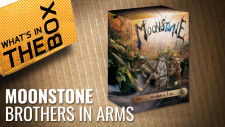




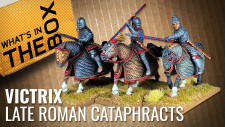

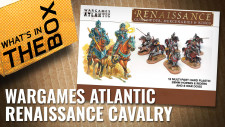




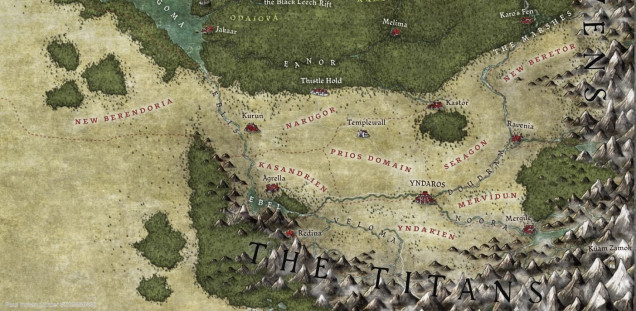
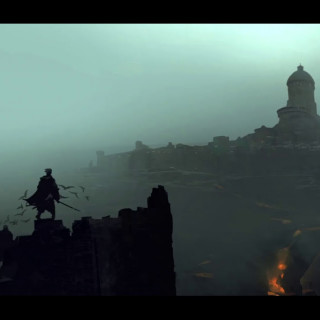
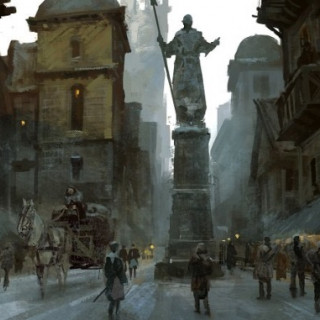
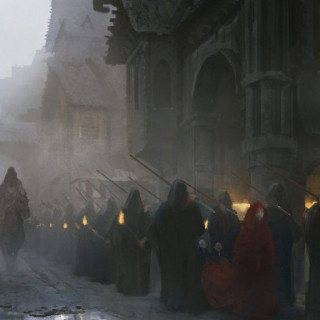
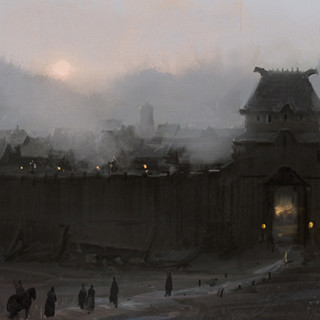
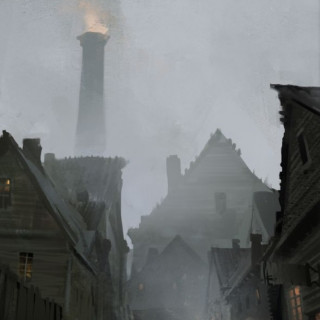
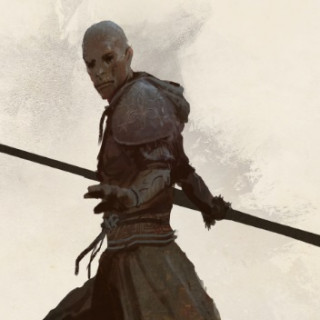
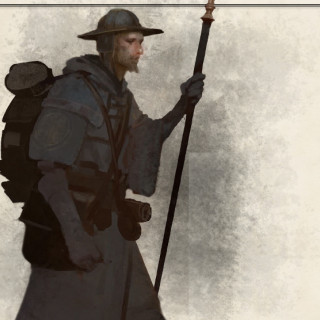
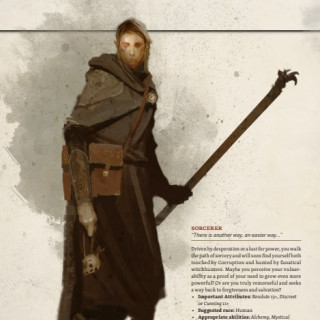
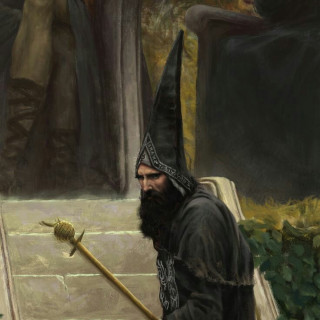
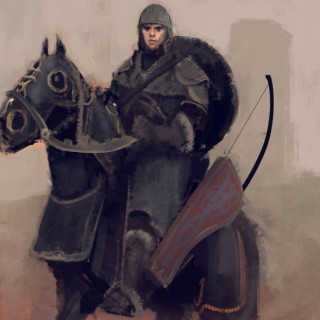
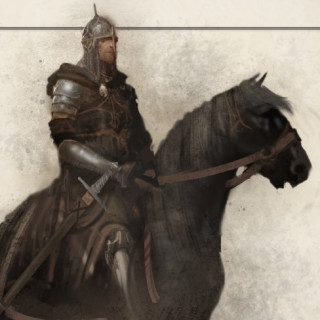
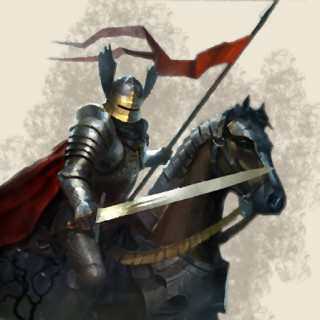
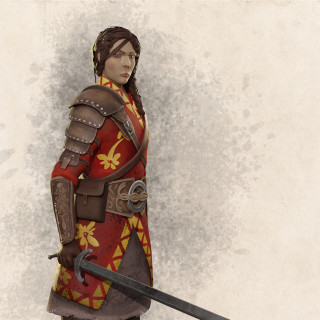
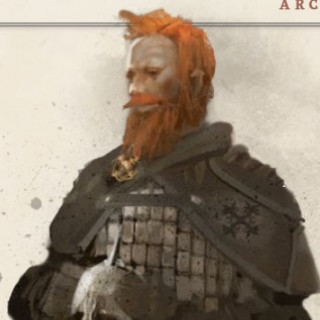
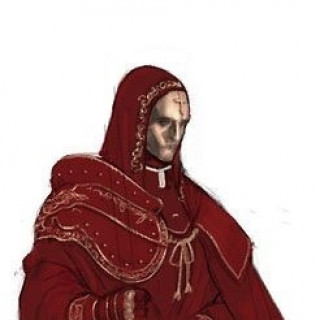
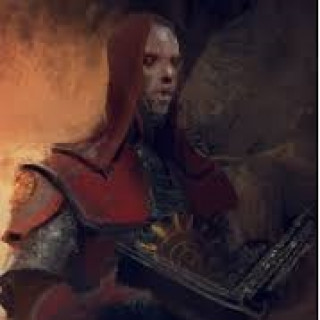
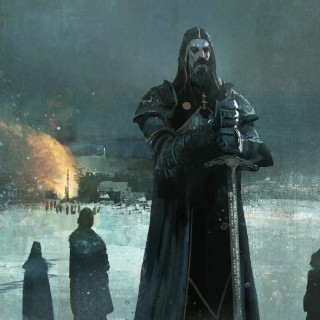
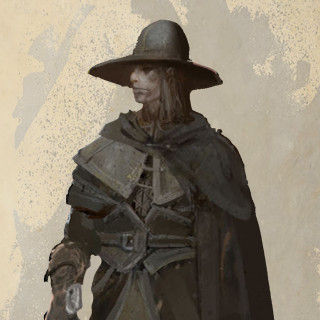










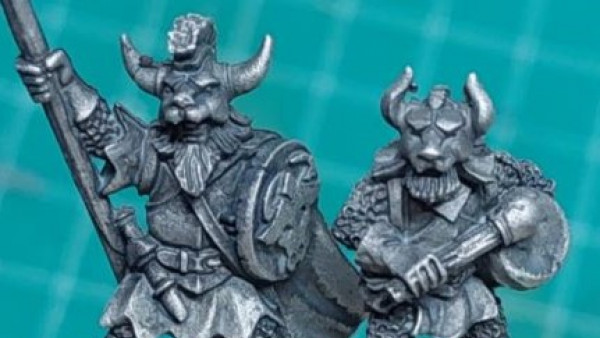

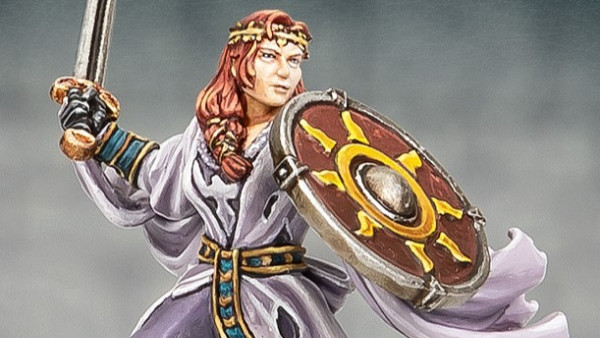
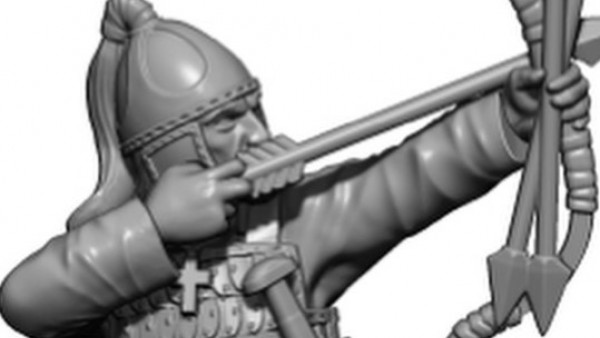
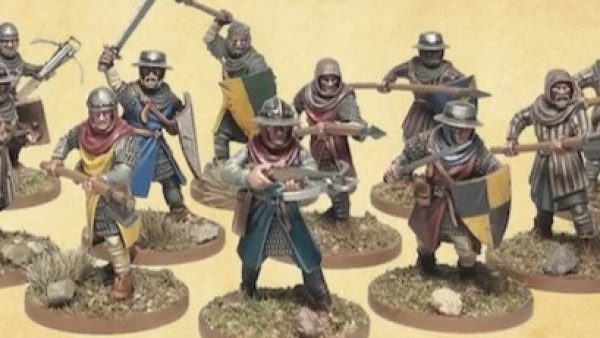
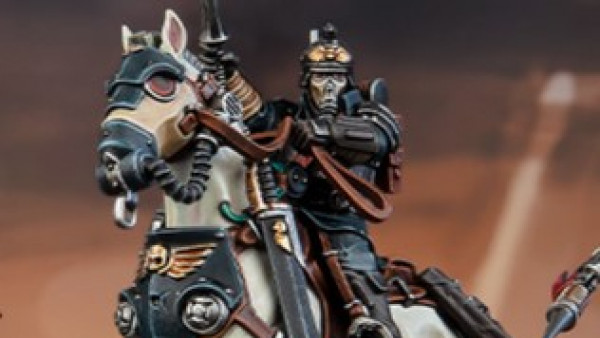
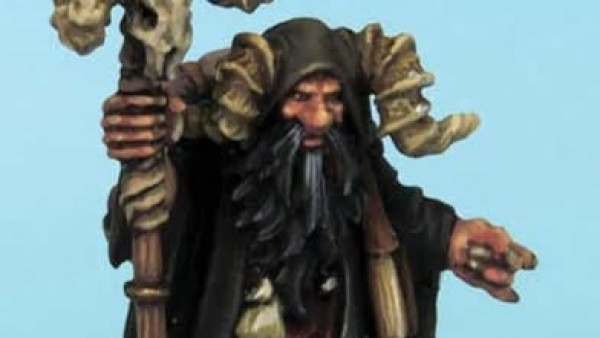
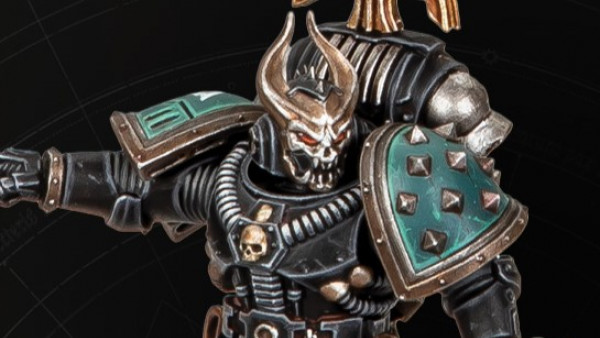
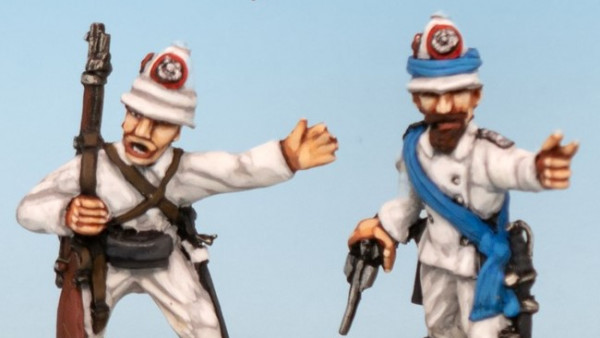
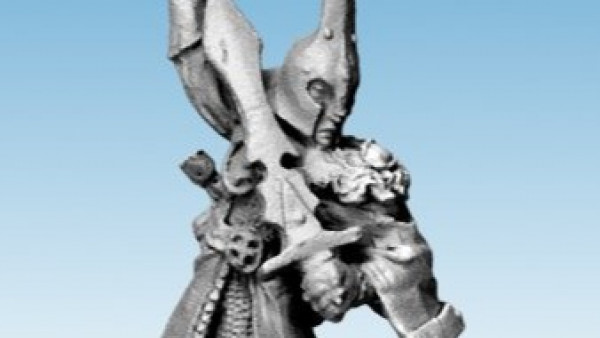
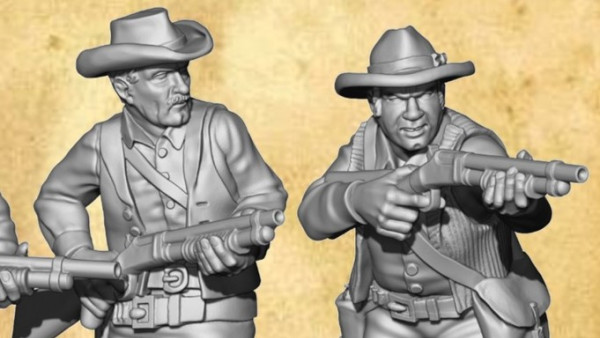
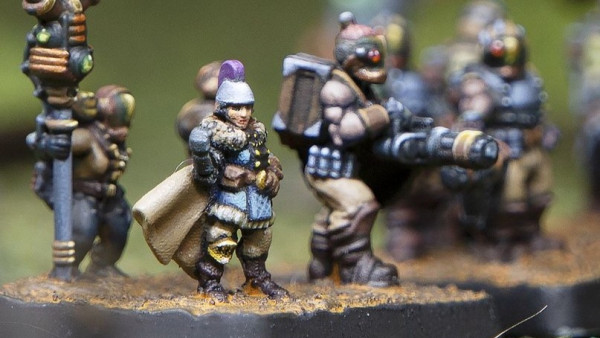
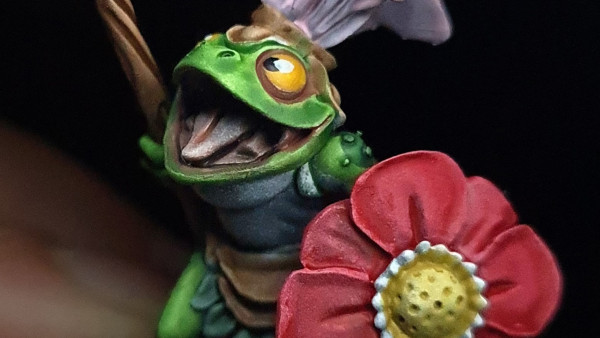
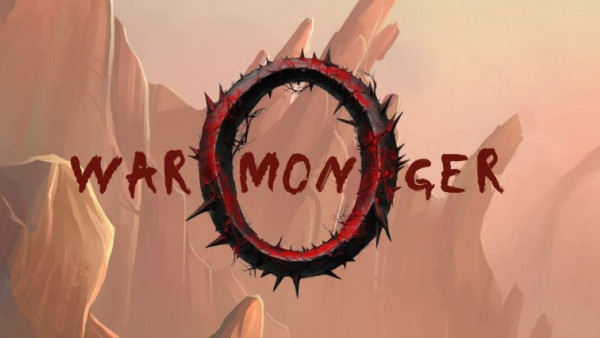

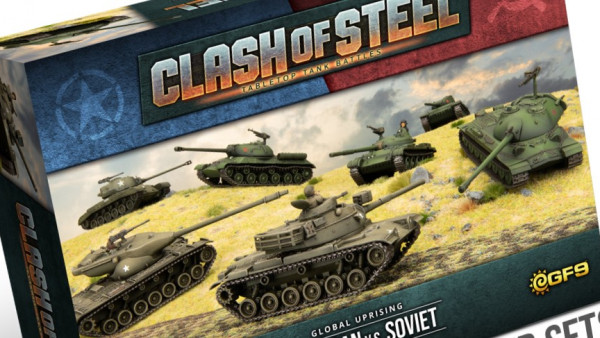

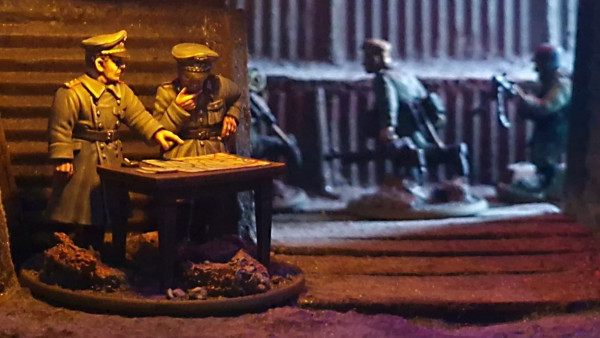

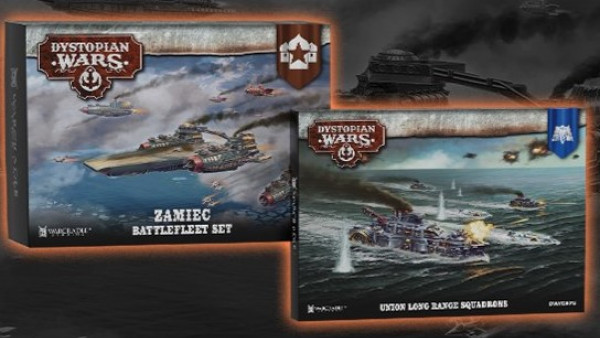
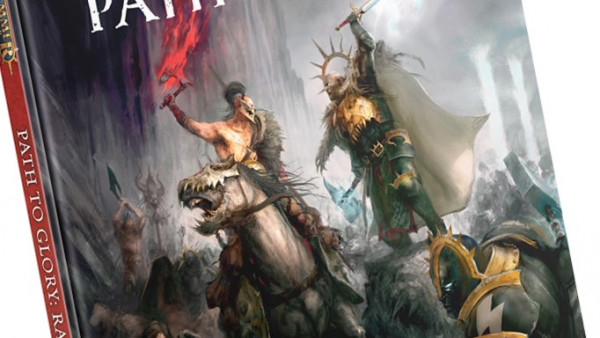


2022-03-15 Your project has been visited by the unofficial Hobby Hangout. Huzza!